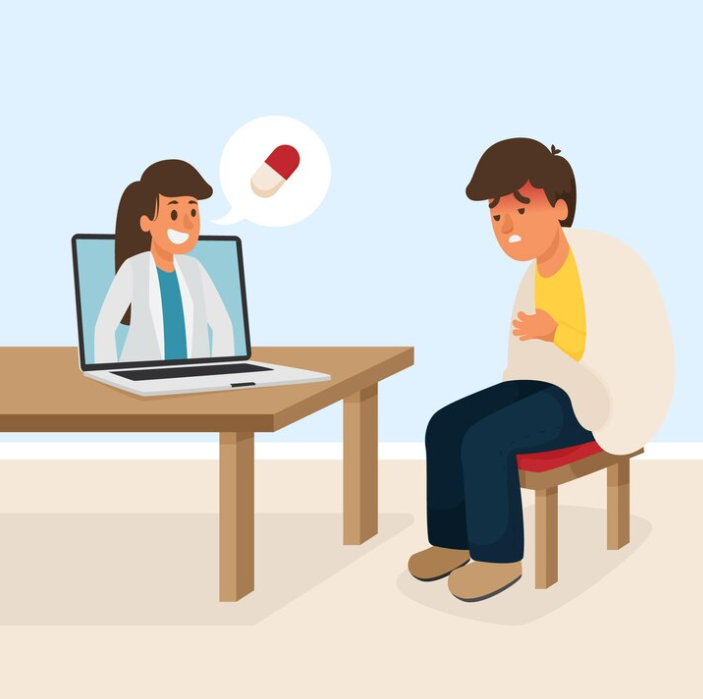
How to Discuss Irritable Bowel Syndrome (IBS) with Your Doctor
Talking to your doctor about Irritable Bowel Syndrome (IBS) can feel daunting, but it’s essential for getting the help you need. Here are some tips to make the conversation easier.
1. Be Open and Honest:
- Don’t be afraid to discuss your symptoms openly with your doctor. Be honest about the frequency, severity, and impact of your symptoms on your daily life.
2. Keep a Symptom Diary:
- Keeping a diary of your symptoms, including when they occur and any triggers you notice, can provide valuable information for your doctor. Bring this diary with you to your appointment to help guide the discussion.
3. Ask Questions:
- Don’t hesitate to ask questions or seek clarification about your condition, treatment options, or any concerns you may have. Your doctor is there to help you understand and manage your IBS effectively.
4. Discuss Treatment Goals:
- Work with your doctor to establish realistic treatment goals based on your symptoms and lifestyle. Whether you’re aiming for symptom relief, improved quality of life, or better management strategies, your doctor can help tailor a plan that meets your needs.
5. Explore Treatment Options:
- Your doctor may recommend various treatment options for managing IBS, including lifestyle changes, dietary modifications, medications, and stress management techniques. Discuss these options together to determine the best approach for you.
6. Follow Up:
- After your initial discussion, schedule follow-up appointments as needed to monitor your progress, adjust treatment plans, and address any new concerns or questions that may arise.
Remember, your doctor is there to support you and help you manage your IBS effectively. By communicating openly and working together as a team, you can take proactive steps towards better health and well-being.
To seek medical advice, always consult a Doctor. Here are our recommended experts. Click Here
To read more on IBS. Click Here
Recent Posts
Dr. Karan0 Comments
Preventing Gum Disease: Key Habits and Dental Check-ups
Dr. Karan0 Comments
Recognizing the Signs and Symptoms of Gum Disease:
Tags
arthritis
Blood tests
causes
Children
complications
coping strategies
diabetes
diagnosis
diet
eczema
exercise
Healthy Lifestyle
Heart Disease
heart health
High blood pressure
hormonal imbalances
Hormones
hydration
india
Indian patients
inflammation
lifestyle changes
management
medication
Medications
mental health
Nutrition
pain management
Peripheral Vascular Disease
physical therapy
pregnancy
prevention
risk factors
signs
skincare
skin condition
stress management
stroke
support
surgery
symptoms
transmission
treatment
treatment options
Women's Health


